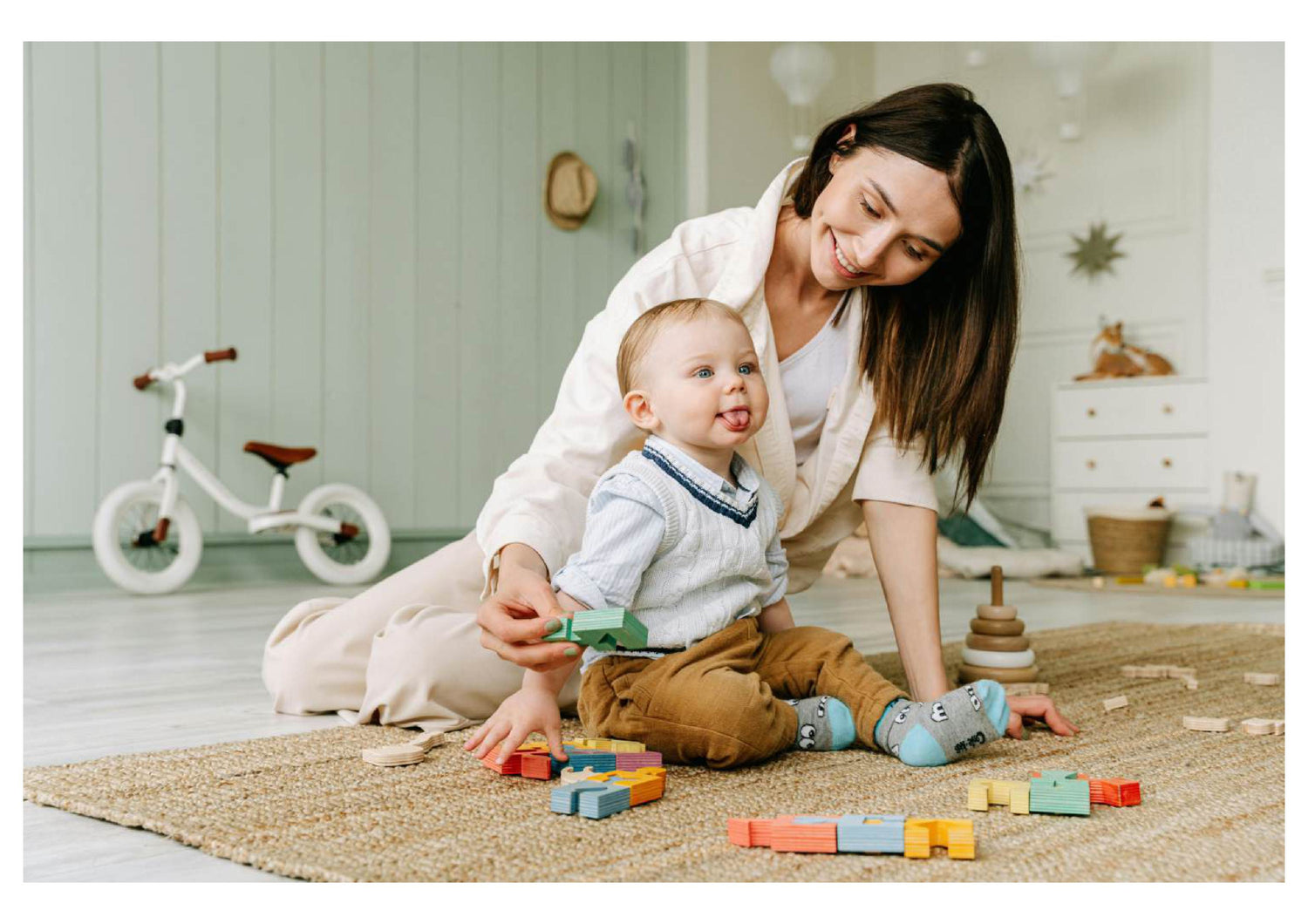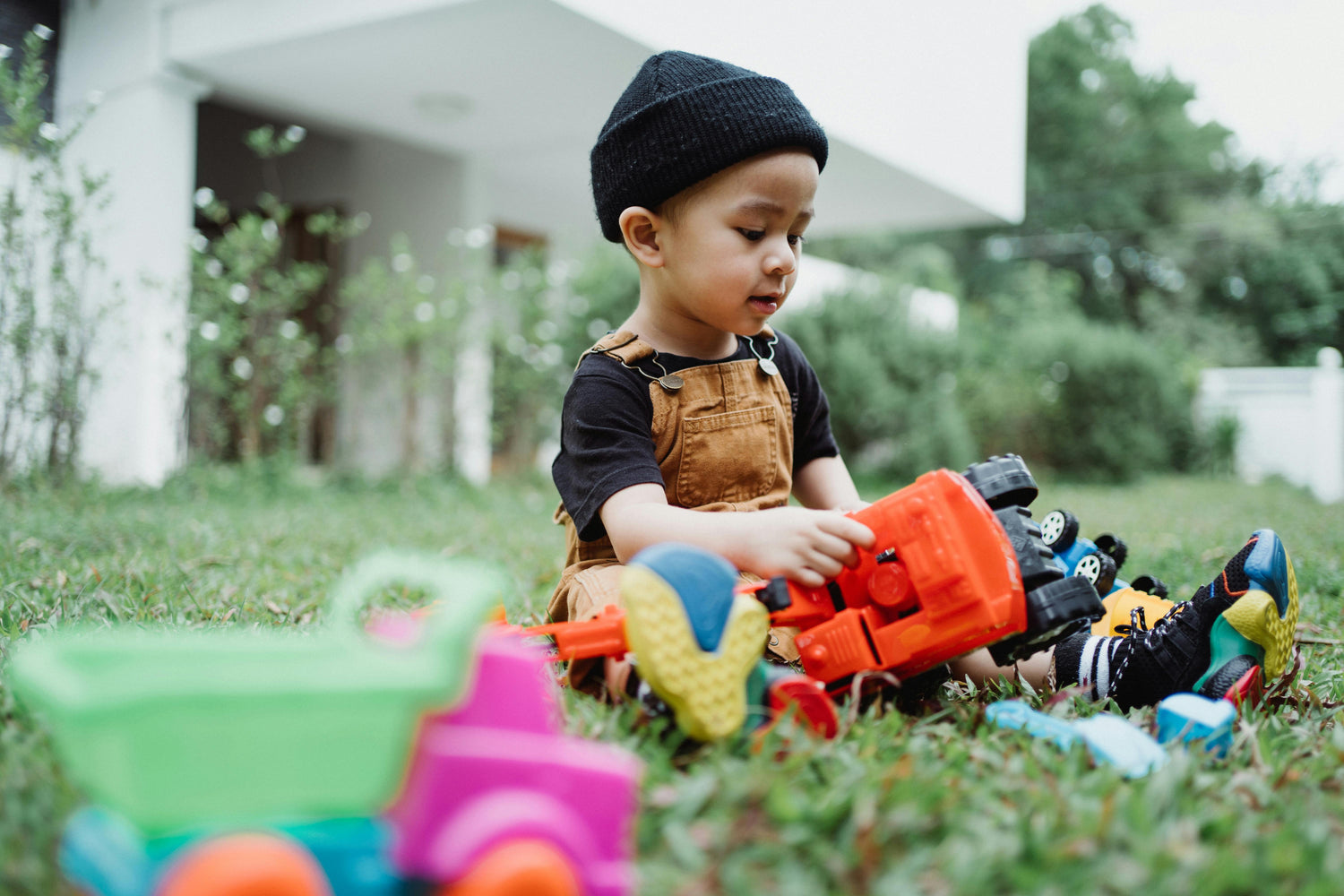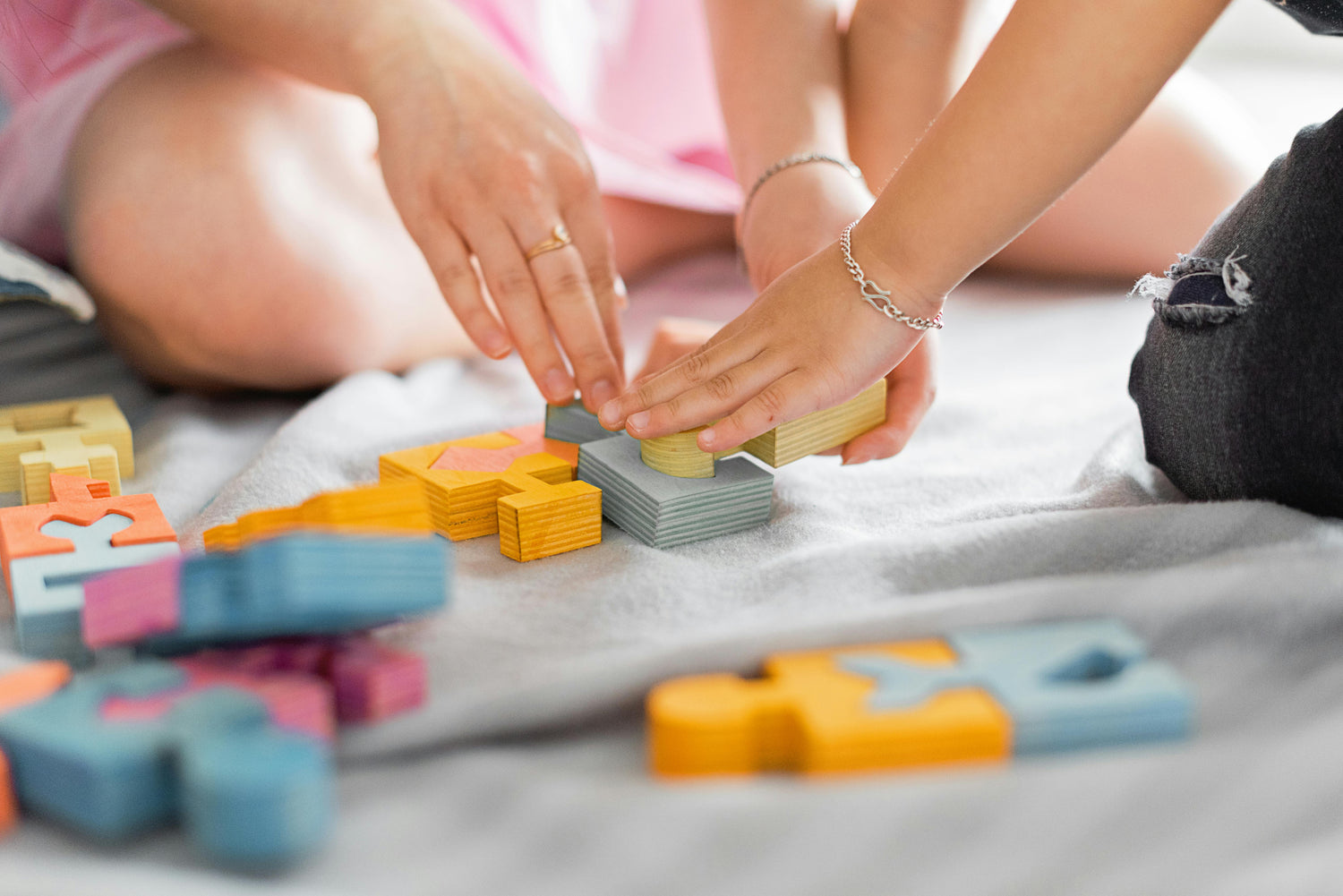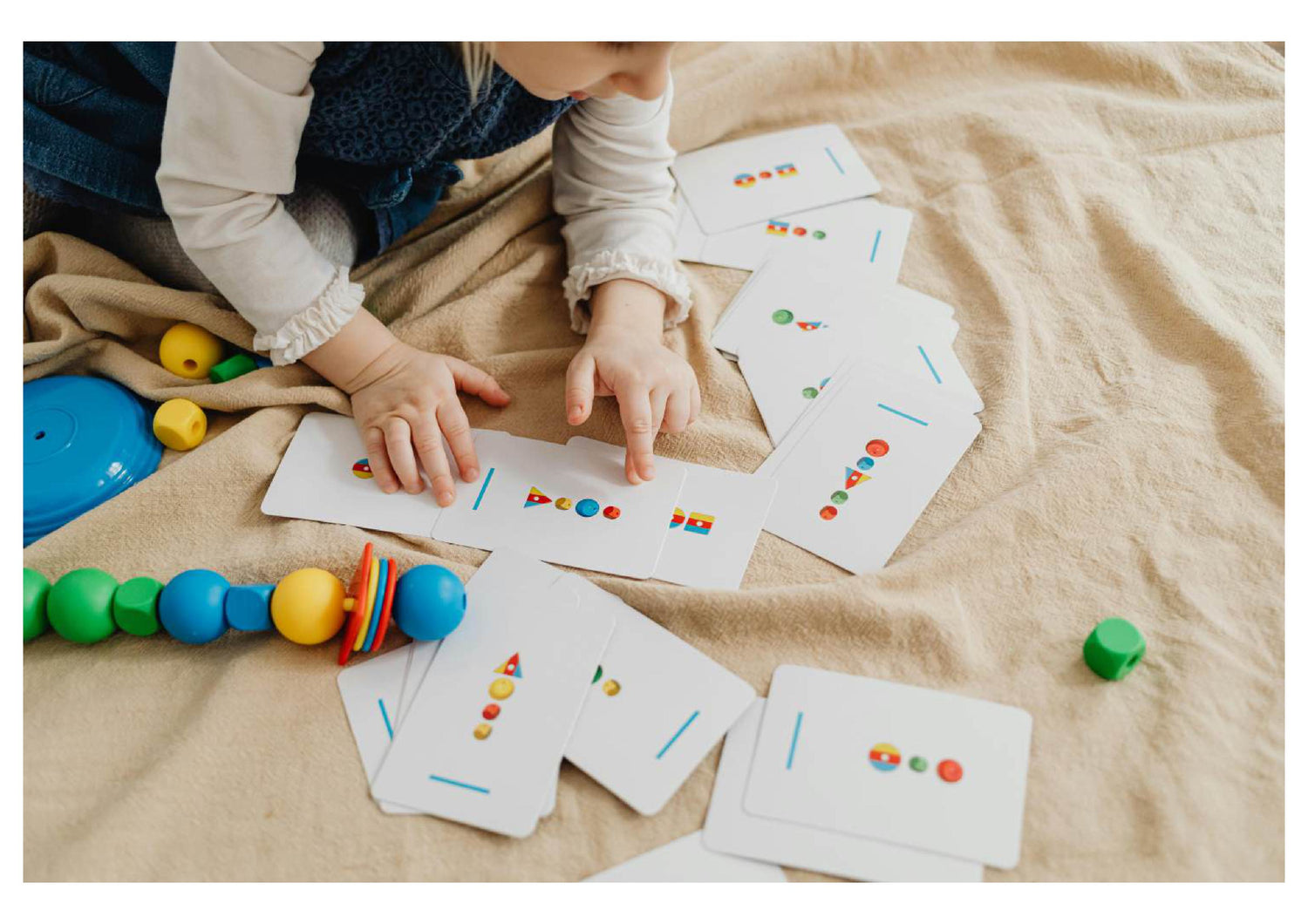The Science Behind Educational Toys

How Play Shapes Young Minds
Educational toys are more than just entertainment—they are powerful tools that shape cognitive, social, and motor skill development in children. Research shows that 85% of brain growth occurs before the age of three, making early learning experiences crucial for long-term success (Harvard Center on the Developing Child). By engaging in hands-on activities, children build critical thinking skills, creativity, and emotional intelligence from an early age.

The Impact of Educational Toys on Cognitive Development
Studies published in the Journal of Educational Psychology highlight that interactive and problem-solving-based toys can boost memory retention and enhance problem-solving abilities. Toys that encourage active participation—such as puzzles, building blocks, and logic games—help children develop spatial awareness, reasoning skills, and adaptability. Unlike passive screen time, manipulating real-world objects strengthens neural connections, leading to faster cognitive processing and better learning outcomes.

Encouraging Independent Learning & Creativity
Children thrive in environments that encourage self-directed exploration. According to a study from Frontiers in Psychology, open-ended toys that allow for multiple ways of play foster curiosity, imagination, and resilience. Educational toys designed with this in mind encourage children to experiment, think independently, and solve problems creatively—building confidence and a love for lifelong learning.

Why Educational Toys Matter for Emotional & Social Growth
Play is essential not only for intelligence but also for emotional and social development. Research from the National Association for the Education of Young Children (NAEYC) shows that cooperative play experiences help children develop empathy, communication skills, and teamwork. Toys that involve role-playing, storytelling, and collaboration enable children to express emotions, understand different perspectives, and build stronger relationships with peers and caregivers.

